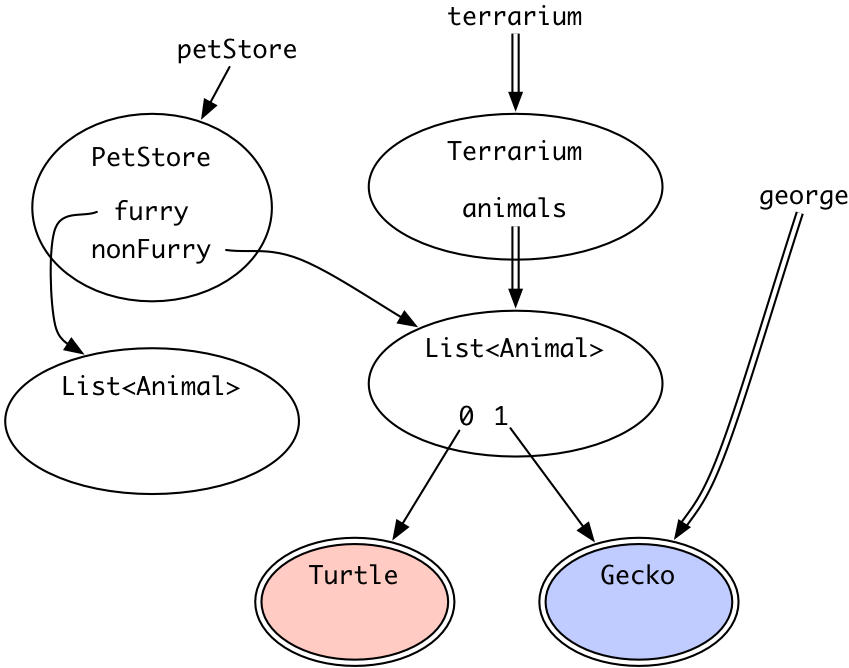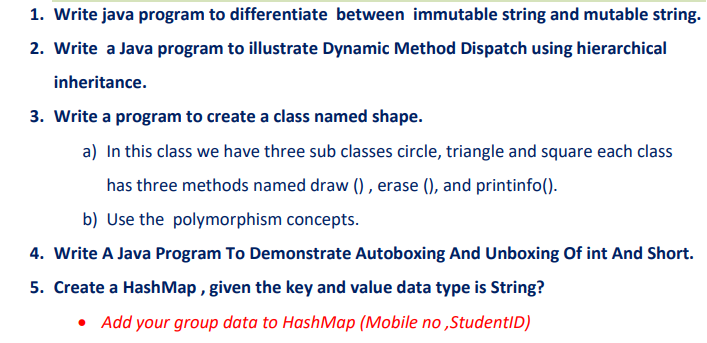Why Are Strings Immutable in Java? Understanding the Core Principles
What Is Immutable Strings and Just How It Functions
In the world of shows, comprehending the concept of unalterable strings is critical for creating safe and durable applications. Immutable strings refer to strings that can not be modified after they are produced, guaranteeing information integrity and predictability within the code. This basic concept plays a critical function in numerous programming languages and offers an one-of-a-kind strategy to handling data. By discovering the ins and outs of just how immutable strings operate, one can reveal a world of benefits and opportunities that can raise the quality and efficiency of software program growth.
The Essentials of Immutable Strings
Unalterable strings, as a basic idea in programming, are character series that can not be altered as soon as they are developed. This indicates that once a string is assigned a worth, that worth can not be altered. In languages like Python and Java, strings are unalterable items, bring about different effects in terms of memory administration and data honesty.
One of the key advantages of immutable strings is that they give a sense of safety and security in information adjustment. Considering that the web content of an immutable string can not be customized, it makes certain that the original information remains undamaged, minimizing the risk of unplanned changes throughout program execution (Why are strings immutable in Java?). This residential property likewise simplifies debugging processes, as programmers can rely on that as soon as a string is specified, its value will not be unintentionally altered
In addition, immutable strings facilitate reliable memory usage. When a new string is produced based on an existing one, as opposed to changing the initial string, the new value is saved independently. This strategy boosts performance by lowering memory fragmentation and streamlining memory allotment procedures. Generally, comprehending the fundamentals of unalterable strings is critical for mastering programming principles and optimizing code effectiveness.
Benefits of Immutable Strings
Structure upon the protection and efficiency advantages of immutable strings, their benefits prolong to improving code reliability and simplifying simultaneous programs tasks. By being unalterable, strings can not be changed after development, which gets rid of the danger of unintentional changes in the information they save. This intrinsic immutability guarantees that as soon as a string is created, its worth remains consistent throughout the program's execution, minimizing the possibilities of insects brought on by unanticipated alterations.
Furthermore, unalterable strings add to code dependability by making it easier to reason concerning the state of a program. Since strings can not be changed, designers can rely on that a string will always hold the same value, streamlining debugging and upkeep efforts. This predictability causes a lot more dependable and stable codebases.

Execution in Programs Languages
Within numerous shows languages, the consolidation of immutable strings is an essential aspect that affects how data is handled and manipulated within code structures. The implementation of unalterable strings differs across various programs languages, with each language offering its own systems to support this principle.

On the other hand, languages like C and C++ do not have built-in support for immutable strings. Designers in these languages must by hand apply immutability by applying rules within their code to stop direct adjustments to string objects.
Finest Practices for Functioning With Immutable Strings
When handling immutable strings in programming languages like Java and Python, adhering to finest methods makes sure secure and efficient information control. Among the vital finest techniques is to utilize StringBuilder or StringBuffer rather than directly adjusting strings, specifically when taking care of substantial concatenation operations. These courses offer mutable choices for string manipulation, aiding to avoid unnecessary memory allowances and boosting performance.
One more finest method is to use string interpolation or format operates supplied by the language as opposed to manual concatenation. This not only boosts readability yet additionally aids in protecting against usual mistakes such as unintended string adjustments. In addition, when collaborating with delicate information such as passwords or API tricks, it is important to prevent saving them as simple message in unalterable strings. Making use of secure storage mechanisms like char varieties or specialized libraries for handling sensitive information assists mitigate security threats connected with unalterable strings.
Real-world Applications and Examples
Exploring sensible executions of immutable strings in various markets exposes their substantial influence on information stability and system dependability. In the medical care market, immutable strings play a vital role in making certain the safety and security and discretion of individual data. By avoiding unapproved modifications to delicate info such as clinical documents and prescriptions, immutable strings aid preserve conformity with stringent privacy regulations like HIPAA.
Financial institutions likewise gain from the unalterable nature of strings to enhance the security of customer information and transaction documents. Unalterable strings help protect against fraud and unauthorized modifications to economic details, offering a robust defense versus cyber threats and guaranteeing the trust company website fund and confidence of customers.

Conclusion
To conclude, immutable strings are repaired and stable sequences of personalities that offer advantages such as string safety and security and improved performance in shows. They are applied in different programming languages to make sure data stability and safety. Best practices for dealing with unalterable strings consist of avoiding straight adjustments and utilizing approaches that return brand-new string things. Real-world applications of unalterable strings consist of data security, caching, and string control jobs.
Immutable strings refer to strings that can not be modified after they are developed, guaranteeing data honesty and predictability within the code. When a brand-new string is developed based on an existing one, instead than customizing the initial string, the new value is kept separately.In languages like Java and Python, strings are immutable by default, suggesting that as soon as a string item is developed, its value can not be transformed - Why are strings immutable in Java?. Ideal techniques for working with unalterable strings consist of preventing direct modifications and making use of techniques that return brand-new string things. Real-world applications of unalterable strings include data file encryption, caching, and string manipulation jobs